Leena pressed her palms into her eyes, willing her headache away.
If only it were that simple,
she thought. She had already tried dabbing healing salve on her temples and drinking a cup of willow bark tea. She considered asking around for something stronger. It wasn't hard to find illicit drugs amongst the dock workers. That wasn't what she needed though.
Bile rose in the back of her throat as she bent to lift the crate, her head pounding even harder. She struggled not to drop it as her skin began to crawl. Sweat prickled along her back and quickly, that crawling sensation gave way to the feeling of biting ants.
They're not real,
she told herself over and over as she carried the crate down the gangplank and toward the waiting cart. She deposited the crate and hurried over to the warehouse, wanting to escape the prying eyes of her supervisor.
Once she turned the corner though, she could not stop her feet from walking past the warehouse. She needed this job, needed the pay, needed to buy groceries. But she needed something else more.
Magic addiction is a condition that is more common than most would like to admit. It occurs when people become dependent on the effects of
magic performed by them or on them. They become addicted to the feelings of euphoria, heightened awareness, or other magically-induced sensations.
It was an invigorating, intoxicating sensation that made her heart beat a little faster. The world became sharper and clearer when her power was unleashed.— Marcella, Necromancer Queen of
Necros
Causes & Symptoms
Early signs of magic addiction in witches include seeking out ways to use magic more often than necessary. This progresses until the
witch is almost constantly using low-level spells, often becoming reclusive in the process. This type of constant spellwork can irreparably damage a witch's ability to perform higher-level or more complex magic.
In
nomas, magic addiction comes most often from seeking out the skills of an
illusion guide to allow them to experience either the sensation of magic use or magically-induced euphoria. In some cases, it can also stem from abuse of potions and/or magic-imbued ingredients, talismans, or other items, including
magimandus scales, driving underground market sales of such items.
Changes in personality to become more restless, aggressive, and secretive, decline of mental acuity, and decline of ability to concentrate are some of the syptoms or warning signs of magic addiction.
Magic addiction cannot be fully treated, but it can be managed with therapy. For nomas, this includes abstaining from all magical influences. For magic-users, this becomes trickier to manage.
Those who suffer magic addiction are shunned, mistrusted, and sometimes even criminalized, much like people with other addictions.
Both
Salaris and
Torverath have enacted strict legal measures to try to curb magic addiction, which include legally enforced magic detox in holding facilities and even jail time for illusion guides
caught facilitating other people's addiction.
Illusion Guides
An illusion guide is a
witch hired to induce and/or guide someone through a magical high with illusion magic, to heighten sexual encounters, or to otherwise influence party-goers. This magic can be performed on witch and
nomas alike.
Because of this, many illusion guides find themselves, either willingly or unwittingly, enablers of magic addiction.
Some guides can be hired for a personal experience, or they can even perform for a group or sometimes an audience.
The magic level and training of the illusionist determines their ability to influence others and their costs. Some of the best work only for private parties of high-paying, elite clients. Others prefer to work in secret bars like the
Hideout.



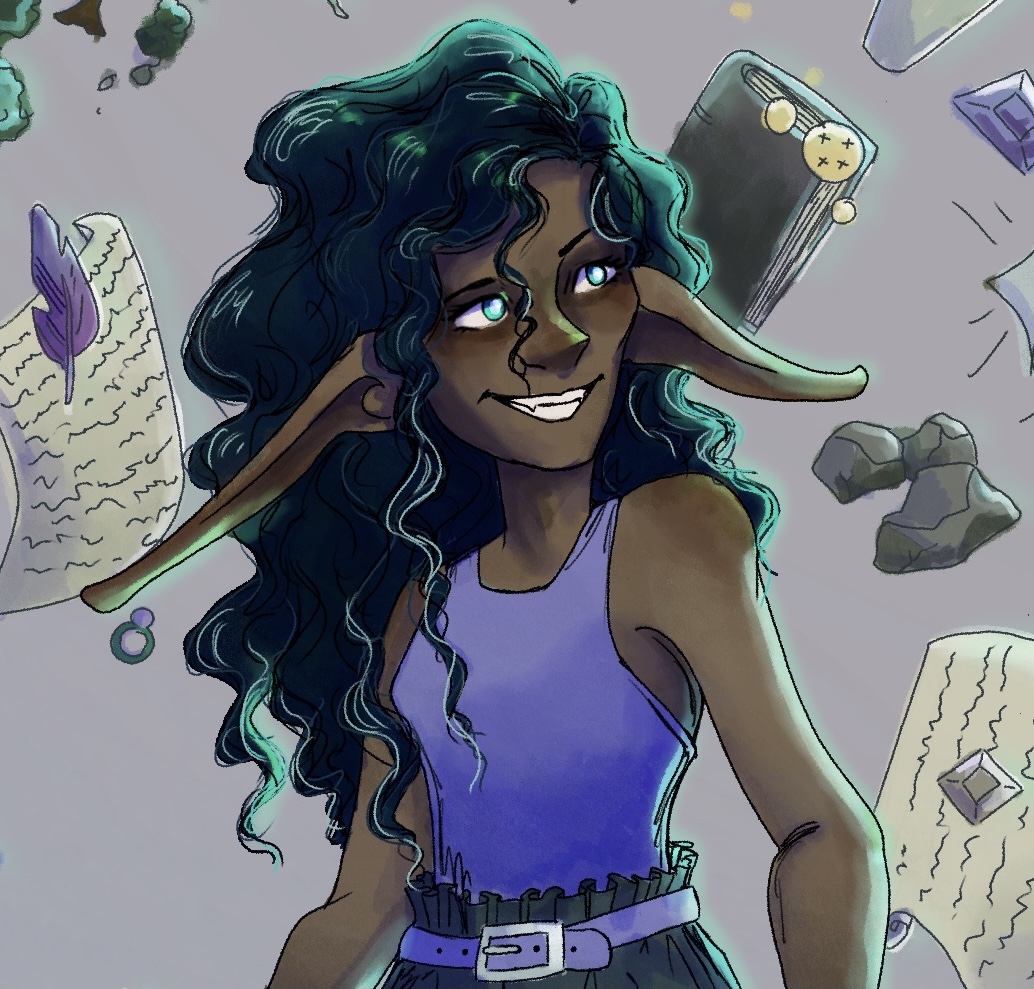
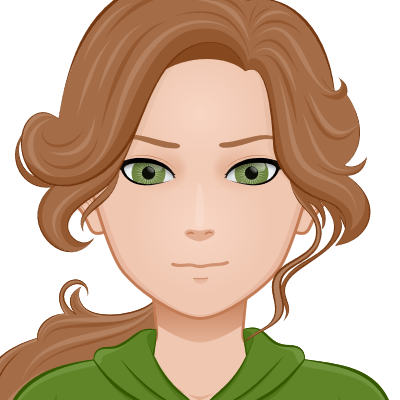

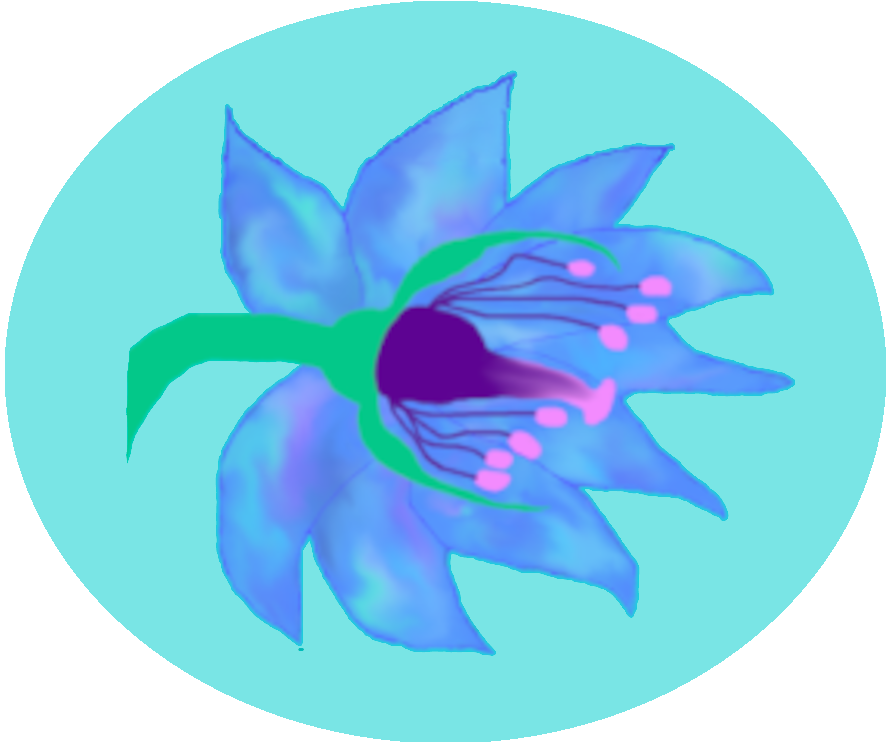
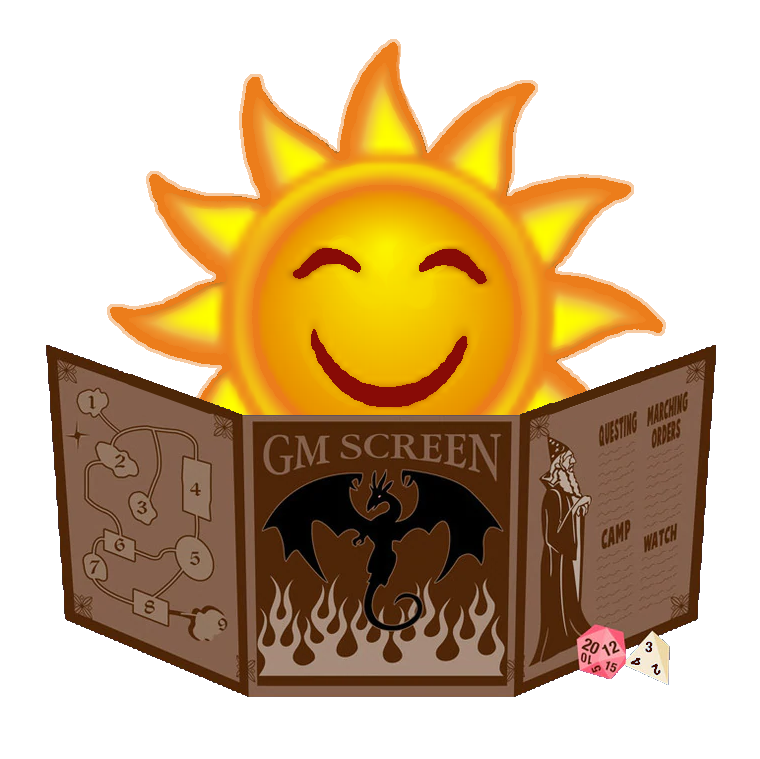

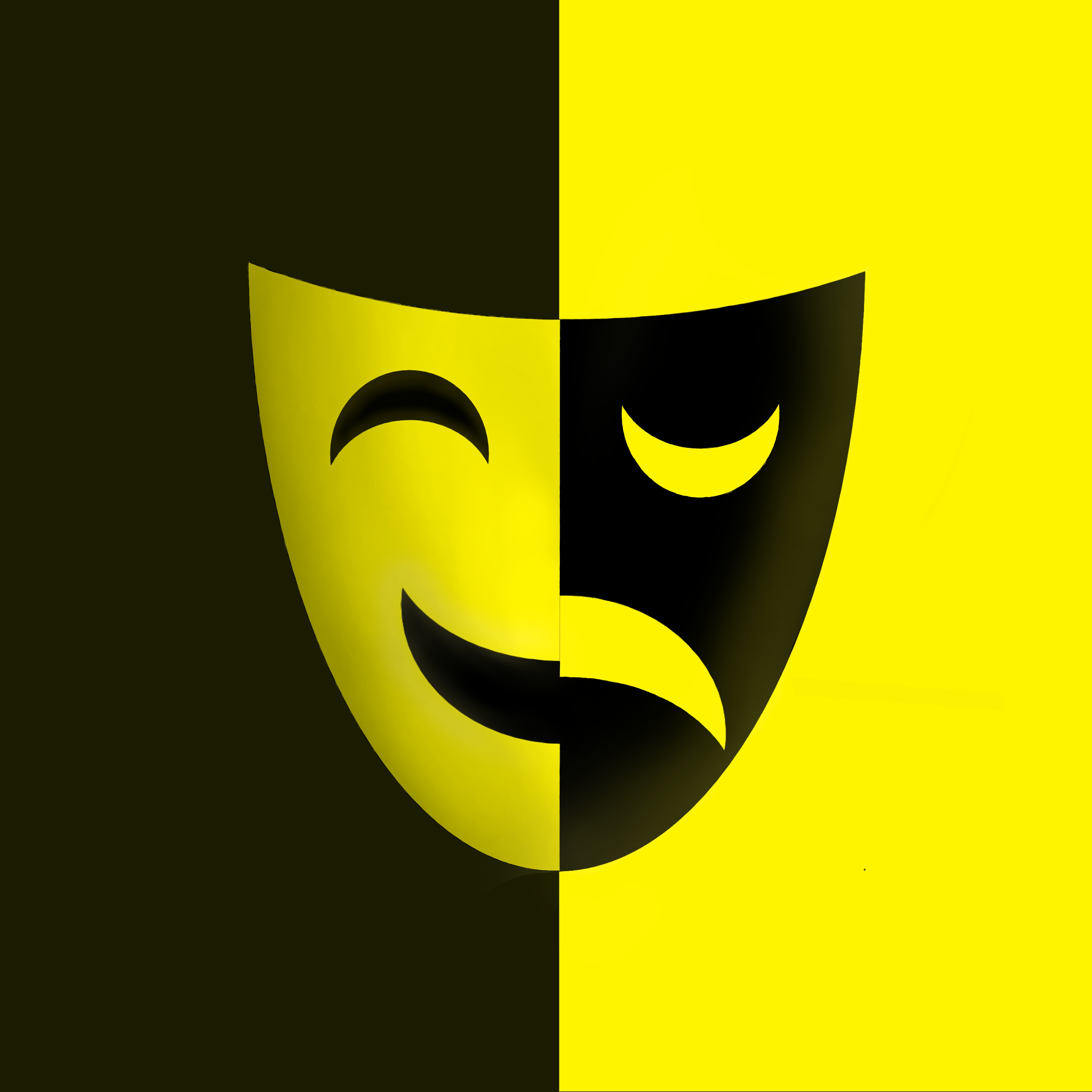
Magic as a drug? That's something new and cool!
If you are looking for my Worldember articles check Magic Earth or My Worldember Progress Page
Thank you :)